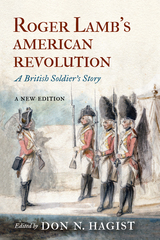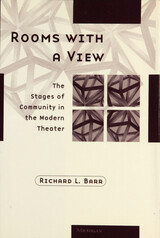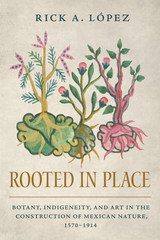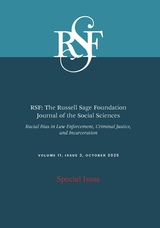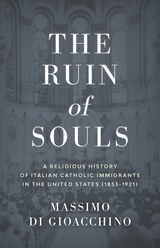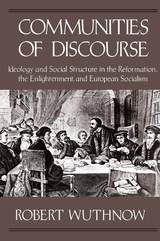

Statistics on the American family are sobering. From 1975 to 2000, one-third of all children were born to single mothers, and one-half of all marriages ended in divorce. While children from broken homes are two to three times more likely to develop behavioral and learning difficulties, two-parent families are not immune to problems. The cost of raising children has increased dramatically, and married couples with children are now twice as likely as childless couples to file for bankruptcy. Clearly, the American family is in trouble. But how this trouble started, and what should be done about it, remain hotly contested.
In a multifaceted analysis of the current state of a complex institution, Family Transformed brings together outstanding scholars from the fields of anthropology, demography, ethics, history, law, philosophy, primatology, psychology, sociology, and theology. Demonstrating that the family is both distinctive in its own right and deeply interwoven with other institutions, the authors examine the roles of education, work, leisure, consumption, legal regulation, public administration, and biology in shaping the ways we court and marry, bear and raise children, and make and break family bonds.
International in approach, this wide-ranging volume situates current American debates over sex, marriage, and family within a global framework. Weighing mounting social science evidence that supports a continued need for the nuclear family while assessing the challenges posed by new advocacy for same-sex marriage, and delegalized coupling, the authors argue that only by reintegrating the family into a just moral order of the larger community and society can we genuinely strengthen it. This means not simply upholding traditional family values but truly grasping the family's growing diversity, sustaining its coherence, and protecting its fragility for our own sake and for the common good of society.
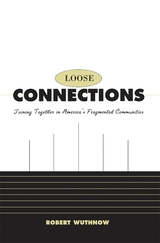
It has become common to lament Americans' tendency to pursue individual interests apart from any institutional association. But to those who charge that Americans are at home watching television rather than getting involved in their communities, Robert Wuthnow answers that while certain kinds of civic engagement may be declining, innovative new forms are taking their place.
Acknowledging that there has been a significant change in group affiliations--away from traditional civic organizations--Wuthnow shows that there has been a corresponding movement toward affiliations that respond to individual needs and collective concerns. Many Americans are finding new and original ways to help one another through short-term task-oriented networks. Some are combining occupational skills with community interests in nonprofit and voluntary associations. Others use communication technologies, such as the World Wide Web, to connect with like-minded people in distant locations. And people are joining less formal associations, such as support groups and lobbying efforts, within their home communities.
People are still connected, but because of the realities of daily life, they form "loose connections." These more fluid groups are better suited to dealing with today's needs than the fraternal orders and ladies' auxiliaries of the past. Wuthnow looks at the challenges that must be faced if these innovative forms of civic involvement are to flourish, and calls for resources to be made available to strengthen the more constructive and civic dimensions of these organizations. This book helps us to understand and encourage the community spirit of today.

Wuthnow uses as a guiding assumption the idea that cultural expressions, religious or otherwise, do not simply happen but are produced. He considers the major kinds of organizations that produce public religion--congregations, hierarchies, special interests, academies, and public rituals--showing how these organizational vehicles shape public religion's messages and how specific types of religious organization draw resources from their environments. He also reveals the implicit and unintended ways in which sacredness is expressed in modern society.
A volume in the series Public Expressions of Religion in America
READERS
Browse our collection.
PUBLISHERS
See BiblioVault's publisher services.
STUDENT SERVICES
Files for college accessibility offices.
UChicago Accessibility Resources
home | accessibility | search | about | contact us
BiblioVault ® 2001 - 2025
The University of Chicago Press


